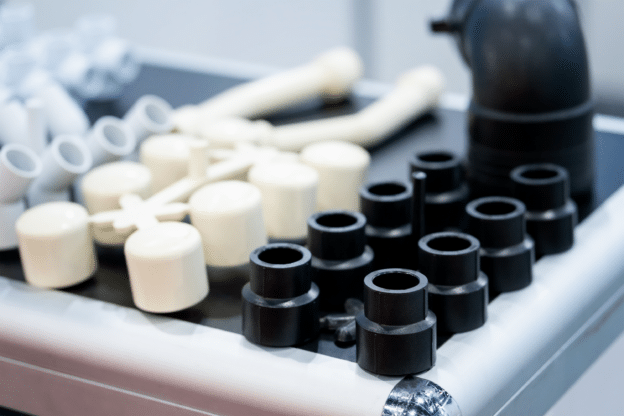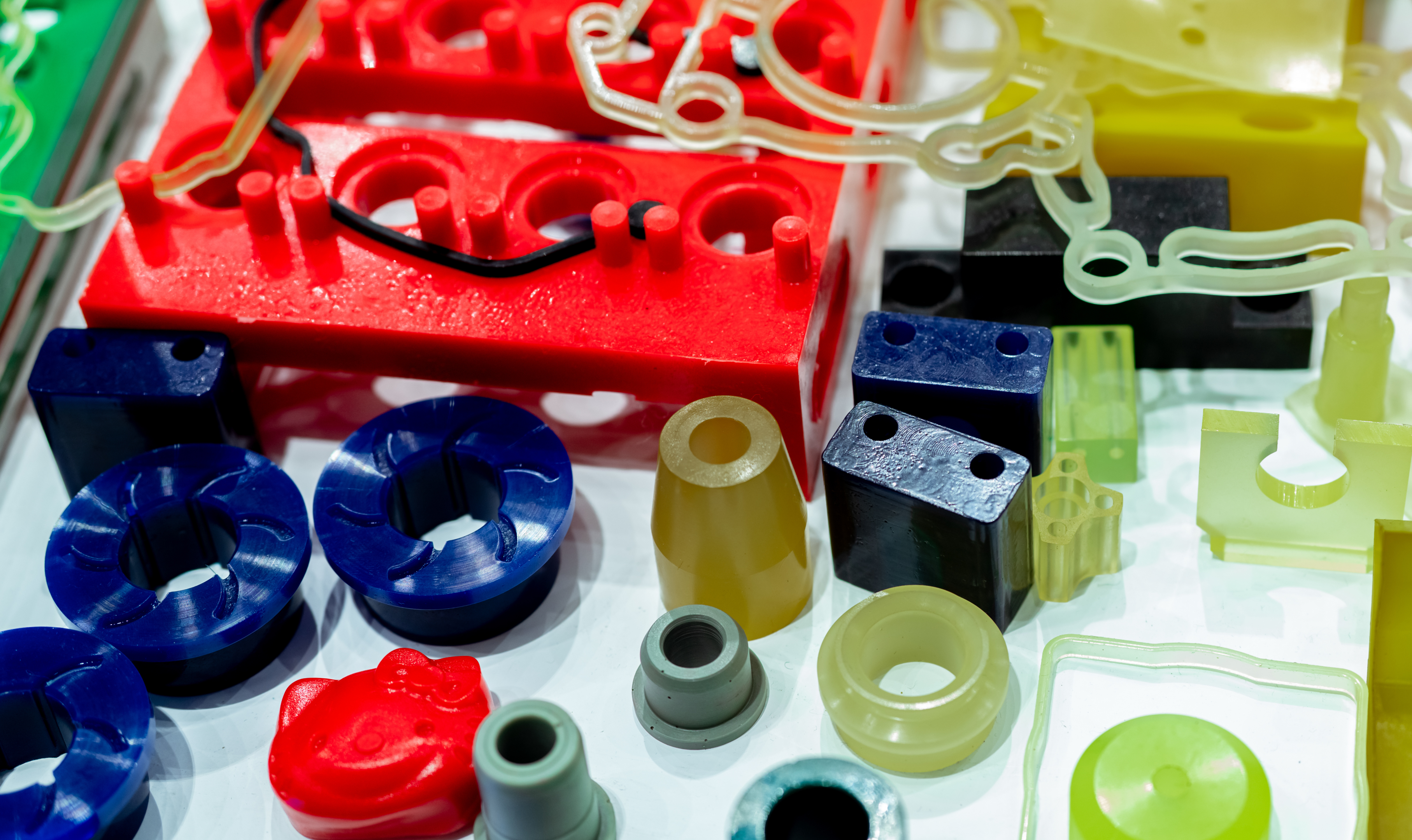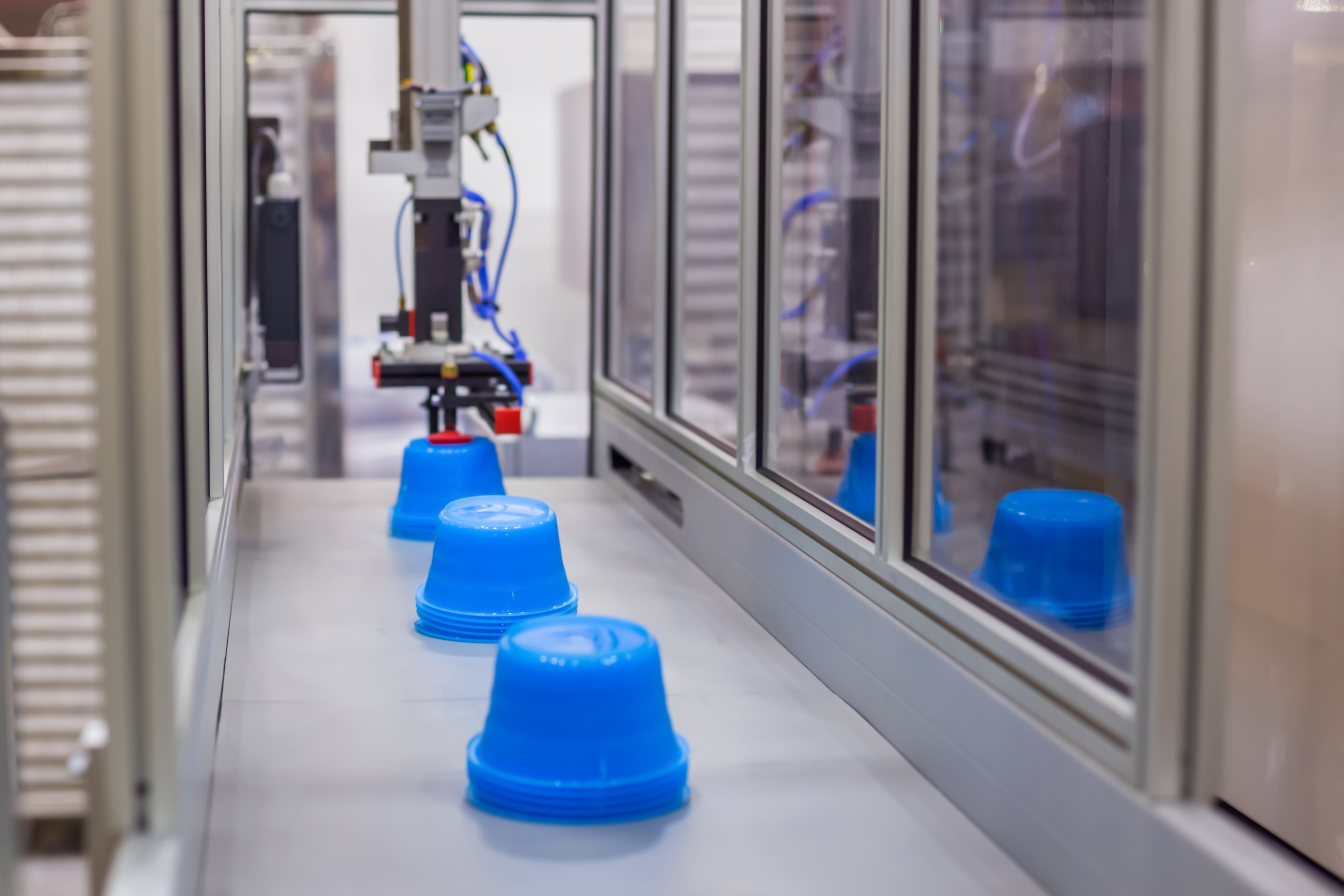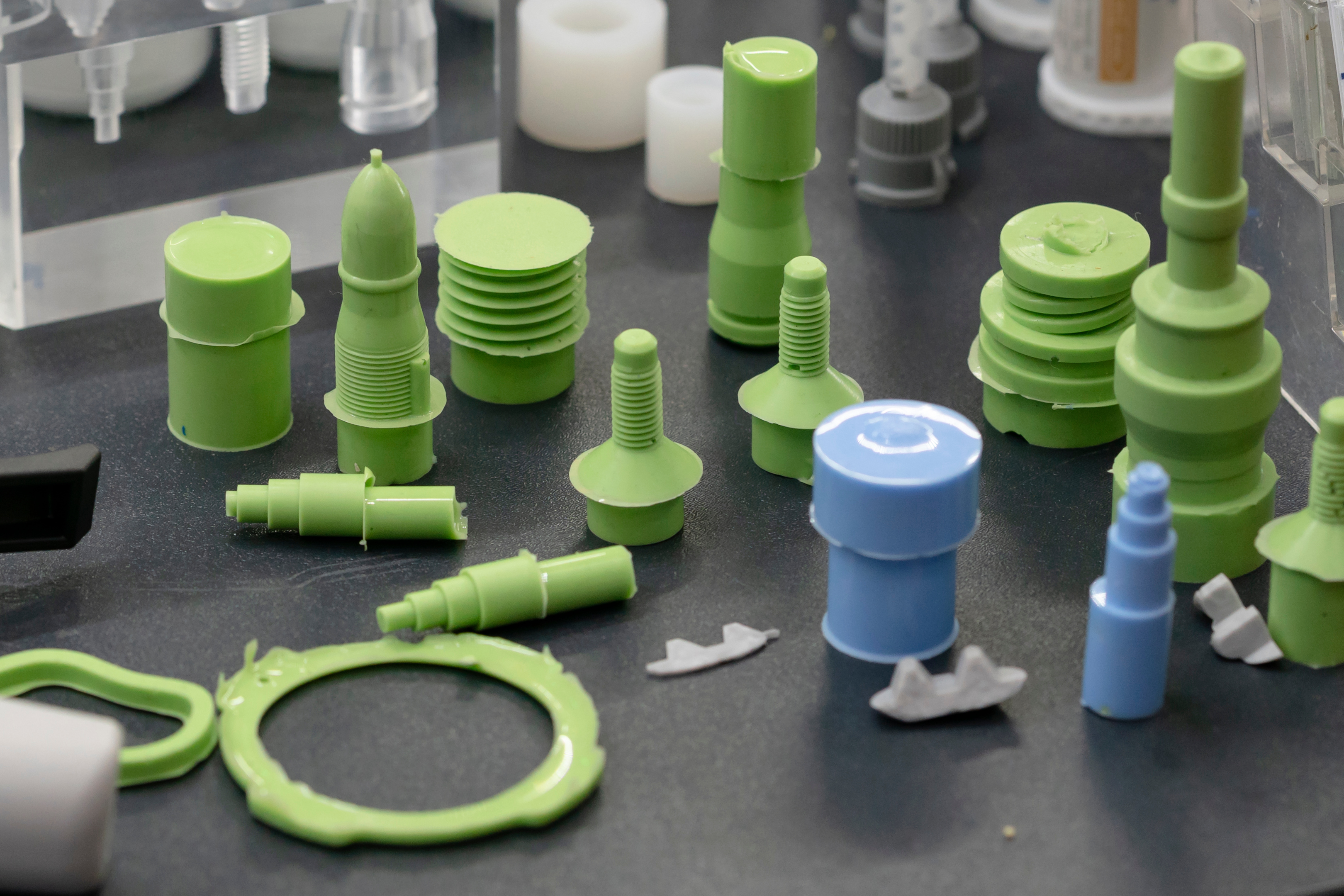Rubber and plastics manufacturing is a significant industry that shapes various sectors. From automotive to healthcare, these materials have revolutionized modern manufacturing. Among the various processes, urethane casting stands out as a crucial technique in manufacturing. It offers precision, durability, and versatility, making it an integral part of the production process.
Additionally, composite materials play a vital role in rubber and plastics manufacturing, offering a range of benefits such as increased strength, enhanced performance, and improved design flexibility. Understanding the importance of urethane casting and composite materials is key to unlocking the full potential of this industry.
At Uniflex, Inc., we specialize in urethane casting, a precise and versatile process that allows for the creation of high-quality, custom-molded parts. Our state-of-the-art facilities and skilled team enable us to deliver exceptional precision, durability, and design flexibility in every casting project. Whether you need complex components for automotive applications or intricate parts for healthcare devices, we have the capabilities to bring your vision to life.
To discover how Uniflex, Inc. can enhance your manufacturing capabilities, we encourage you to visit our website or contact us at 248-486-6000.
Urethane Casting: Precision and Durability
Urethane casting is a process that involves pouring liquid polyurethane into a silicone mold, allowing it to solidify into a durable and flexible component. This technique offers exceptional precision, making it ideal for producing complex shapes and intricate details. Urethane casting is widely used in industries where precision is crucial, such as automotive, electronics, and aerospace. Its ability to replicate intricate designs with accuracy sets urethane casting apart from other manufacturing processes.
One of the remarkable properties of molded urethane is its abrasion resistance. Urethane components are incredibly tough and can withstand demanding environments, making them suitable for applications where wear and tear are significant concerns. Additionally, urethane possesses excellent tear resistance, ensuring the longevity of the cast components. Whether it’s a heavy-duty conveyor belt or a high-impact industrial gear, molded urethane provides the durability needed to withstand rigorous conditions.
Furthermore, cast urethane exhibits remarkable mechanical and heat resistance properties. It can withstand high temperatures without sacrificing its structural integrity, making it an excellent choice for applications exposed to extreme heat. The ability of urethane to maintain its shape and performance in challenging environments ensures the reliability and longevity of the manufactured components.
👉Also read: Urethane Parts In The Automotive Industry
Silicone Mold: A Key Component in Urethane Molding
Silicone molds play a crucial role in the urethane molding process. They act as the mold cavity where liquid polyurethane is poured and solidified into the desired shape. Silicone molds offer several advantages in achieving custom sizes and shapes. Their flexibility and durability allow for intricate designs and fine details to be accurately reproduced. This versatility enables manufacturers to cater to specific requirements and create unique components.
In addition to customization, silicone molds also contribute to fast delivery and low-volume production. The ease of creating silicone molds reduces the setup time and cost associated with traditional mold-making processes. This allows for rapid prototyping and quick turnaround times, making silicone molds an ideal choice for fast-paced industries and small-batch productions. The combination of customizability and efficiency makes silicone molds an invaluable component in the urethane molding process.
Injection Molding: Efficiency and Versatility in Manufacturing
Injection molding is another widely adopted technique in rubber and plastics manufacturing. It involves injecting molten urethane into a mold, where it solidifies and takes the desired shape. This method is highly efficient, allowing for large-scale production and consistent part quality. Injection-molded urethane components possess excellent impact resistance, making them ideal for applications that require strength and durability.
Urethane exhibits exceptional oil resistance, making it a preferred choice for automotive and industrial applications where contact with lubricants or hydraulic fluids is common. The ability of urethane to withstand oil exposure without compromising its structural integrity ensures the longevity and reliability of the components.
Cast Urethane: Meeting Diverse Manufacturing Needs
Cast urethane offers a vast array of material options and standard colors, enabling manufacturers to meet diverse application requirements. From soft and flexible materials to rigid and tough ones, cast urethane covers a wide hardness range, providing options for various industries. Additionally, cast urethane exhibits excellent resistance to chemicals, solvents, and UV radiation, making it suitable for applications that require resistance to harsh environments.
The versatility of cast urethane is further highlighted by its use in medical devices. Medical-grade urethane components offer exceptional biocompatibility and can be easily sterilized, making them suitable for a wide range of medical applications. From prosthetics to surgical instruments, urethane plays a crucial role in improving patient care and quality of life.
👉Also read: 10 Facts About Food Grade Urethane
Mechanical Properties and Customization: Tailoring Urethane Components.
Urethane materials possess outstanding mechanical properties, making them an ideal choice for demanding applications. With a wide range of hardness options, urethane components can be tailored to meet specific requirements, whether it’s providing cushioning and shock absorption or imparting rigidity and strength. The toughness of urethane allows it to withstand heavy loads and impacts without deformation or failure.
Moreover, urethane molding enables manufacturers to produce custom sizes and shapes with ease. This flexibility allows for the creation of unique and intricate designs, meeting the precise needs of customers. Whether it’s a specialized seal or a complex industrial part, urethane molding ensures that the components fit perfectly into their intended applications.
Surface Finishing and Machining: Enhancing Urethane Components
To achieve the desired tolerances and surface quality, urethane components often require machining and finishing processes. Machining involves removing excess material to achieve precise dimensions, while polishing enhances the aesthetic appeal and smoothness of the component’s surface. These processes ensure that urethane components meet the exact specifications required for their intended applications.
Urethane has excellent bonding properties with other materials, including steel and various plastics. This compatibility allows for the creation of hybrid components that combine the unique properties of different materials. By bonding urethane with other materials, manufacturers can achieve optimal performance and functionality in their products.
Urethane vs. Other Materials: Comparing Strengths and Applications
When it comes to hardness and toughness, urethane outshines materials like rubber, plastic, and even metal. Urethane offers a unique combination of strength and flexibility, making it ideal for applications that require both durability and impact resistance. Additionally, urethane exhibits remarkable resistance to solvents and pressure, ensuring its longevity and reliability in demanding environments.
- Urethane offers advantages over polycarbonate, such as superior chemical resistance and flexibility.
- While polyethylene has better chemical resistance, urethane outperforms it in terms of toughness and mechanical properties.
- Urethane strikes a balance between polycarbonate and polyethylene, making it a versatile choice for various applications.
- It provides a combination of strength, flexibility, and resistance to meet diverse requirements.
- Urethane’s unique properties make it suitable for industries where chemical resistance, toughness, and mechanical performance are essential.
Urethane’s exceptional properties, including hardness, toughness, resistance to solvents, and pressure, make it a preferred material over rubber, plastic, and metal. Its versatility and adaptability in different environments make it a go-to choice for manufacturers seeking reliable and high-performing components.
Casting Process: Precision and Reliability in Urethane Manufacturing
The casting process is central to urethane manufacturing, enabling manufacturers to create components with exceptional precision and reliability. The liquid polyurethane is poured into a mold, where it solidifies and takes the desired shape. This process ensures consistent part quality and repeatability, allowing for large-scale production without compromising precision.
Polyurethane casting offers excellent quality and flexibility. The ability to fine-tune the material properties during the casting process enables manufacturers to meet specific performance requirements. From hardness and flexibility to chemical resistance and thermal stability, urethane casting provides the means to create components that excel in their intended applications.
The Power of Urethane in Rubber and Plastics Manufacturing
Urethane casting has revolutionized the manufacturing landscape by offering precision, durability, and versatility in the production of rubber and plastic components. From the flexibility of silicone molds to the efficiency of injection molding, urethane has become a go-to material for manufacturers across various industries. Its mechanical properties, customization options, and surface finishing capabilities make urethane an excellent choice for applications that demand strength, durability, and precision.
With its wide range of applications and industries, urethane continues to unlock new possibilities in manufacturing. Whether it’s automotive, healthcare, or consumer goods, urethane components have proven their worth in delivering exceptional performance and reliability. As technology and innovation continue to advance, we encourage customers to explore the vast array of applications where urethane can excel, and embrace the power of this remarkable material in their manufacturing processes.
👉Also read: Urethane Sheets And Industrial Applications
Unleash the Power of Urethane Casting with Uniflex, Inc.
Are you ready to harness the full potential of urethane casting in your manufacturing processes? Look no further than Uniflex, Inc., your trusted partner in revolutionizing the rubber and plastics industry. With our expertise in urethane casting, we offer precision, durability, and versatility in the production of custom-molded components.
Are you eager to tap into the incredible potential of urethane casting? Take the first step by exploring our website or contacting our experienced team at 248-486-6000. At Uniflex, Inc., we are dedicated to enhancing your manufacturing capabilities. Trust us to be your reliable partner in revolutionizing the rubber and plastics industry through our commitment to precision, durability, and innovative solutions. Together, we can unlock endless possibilities and pave the way for unparalleled success in all your manufacturing endeavors.





